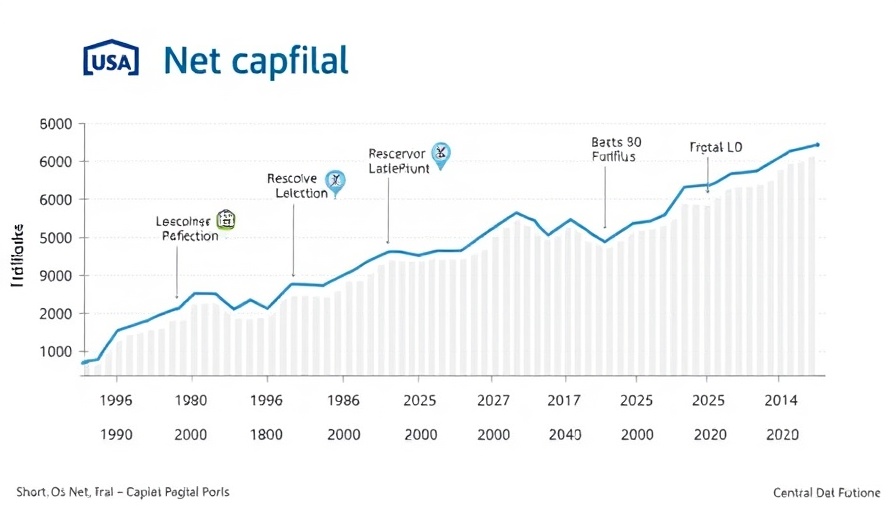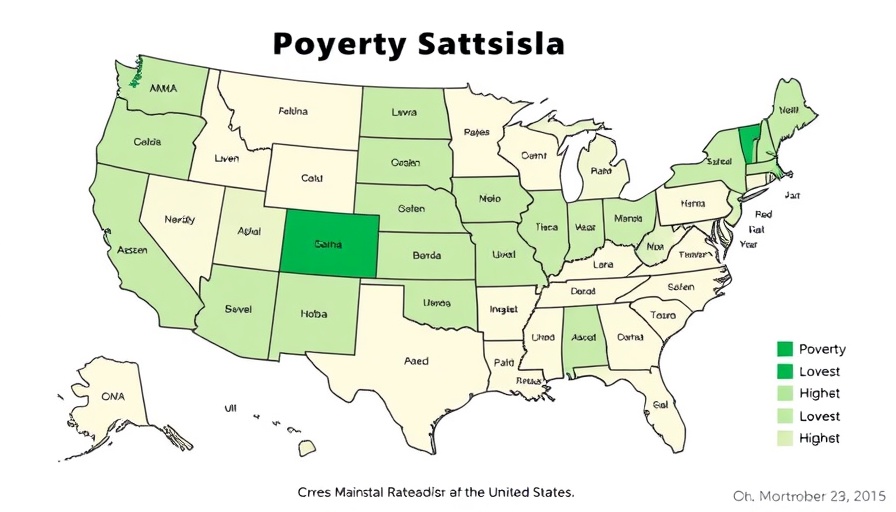
Understanding Closed-End Funds and NAV
Have you ever wondered what it means when a closed-end fund (CEF) is trading below its net asset value (NAV)? For many investors, this situation presents both a challenge and an opportunity. Closed-end funds are investment companies that raise a fixed amount of capital through an initial public offering (IPO), and their shares then trade on an exchange like stocks. When the market price of a CEF falls below its NAV, it indicates a discount, often leading investors to question the fund's management and prospects.
The Role of Activist Investors
Activist investors, like Boaz Weinstein of Saba Capital Management, play a crucial role in addressing these discrepancies. By strategically pushing for changes within these funds, they aim to unlock value for shareholders. For instance, they may advocate for better management practices, cost-cutting measures, or even restructuring efforts that could boost the fund's market price closer to its NAV.
Practical Tips for Investors
If you're a top wage earner in Philadelphia looking to delve into closed-end funds, here are a few tips to consider:
- Do Your Research: Stay informed about the funds' management teams and their track records, as this can influence performance.
- Engage with Active Investors: Follow news about activist investors, as their actions can significantly impact fund valuations.
- Monitor Discounts: Keep an eye on funds trading at substantial discounts to their NAV for potential buying opportunities.
Final Thoughts
Closed-end funds are a dynamic part of the investment landscape, particularly for those willing to engage with activist strategies. If you're looking to enhance your portfolio, exploring these investment vehicles further might pay off. For more insights and expert advice on managing your wealth, stay tuned to our series.
 Add Row
Add Row  Add
Add 




Write A Comment